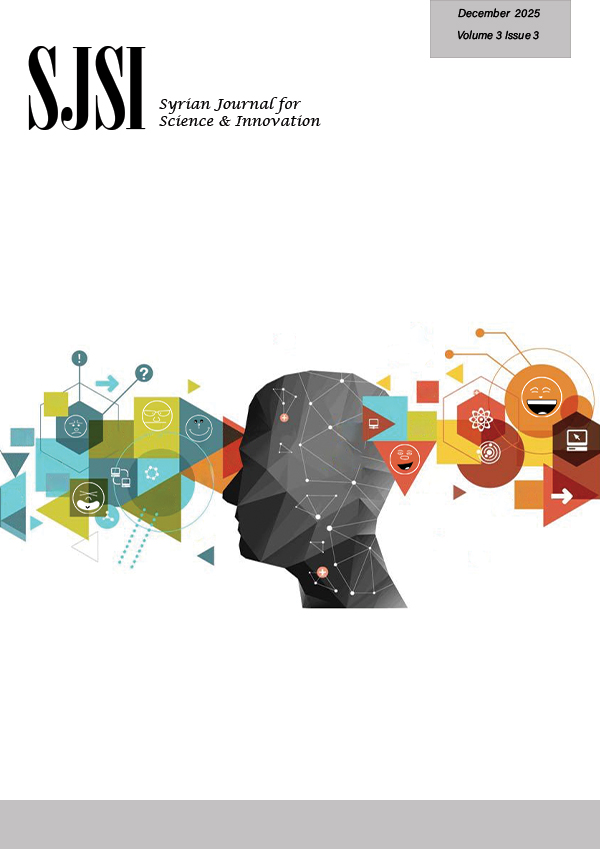Artificial Intelligence in Gastrointestinal Endoscopy [Arabic]
2024-03-27 | volume 2 Issue 1 - Volume 2 | Review Articles | Ayman AliAbstract
Artificial intelligence (AI) systems based on deep learning have evolved in the past decade, and their applications in the field of gastrointestinal endoscopy have expanded exponentially. Gastrointestinal endoscopy relies primarily on images for diagnosis and treatment decisions. By using convolutional neural networks and training them with large numbers of examples from databases, They can be used to assist in diagnosis during endoscopy, or what is called computer-aided detection (CADe), and to determine the nature of lesions, or what is called computer-aided characterization (CADx). Artificial intelligence systems have been used to detect and classify colonic polyps, detect and evaluate the depth of early gastric cancer, detect dysplasia in Barrett’s esophagus, determine the severity of inflammatory bowel diseases, in addition to detecting various abnormalities in capsule endoscopy. Through these systems, it was possible to improve the detection rate and quality of endoscopy. We still need multicenter, randomized trials to better evaluate the use of AI in real-time endoscopy. This review aims to discuss the available studies related to artificial intelligence in gastrointestinal endoscopy, discuss its clinical applications, and point out future directions in this field.
Keywords : Artificial Intelligence, Endoscopy, Colonoscopy, CADe, CADx, Clinical Application, Gastroenterology.
(ISSN - Online)
2959-8591

